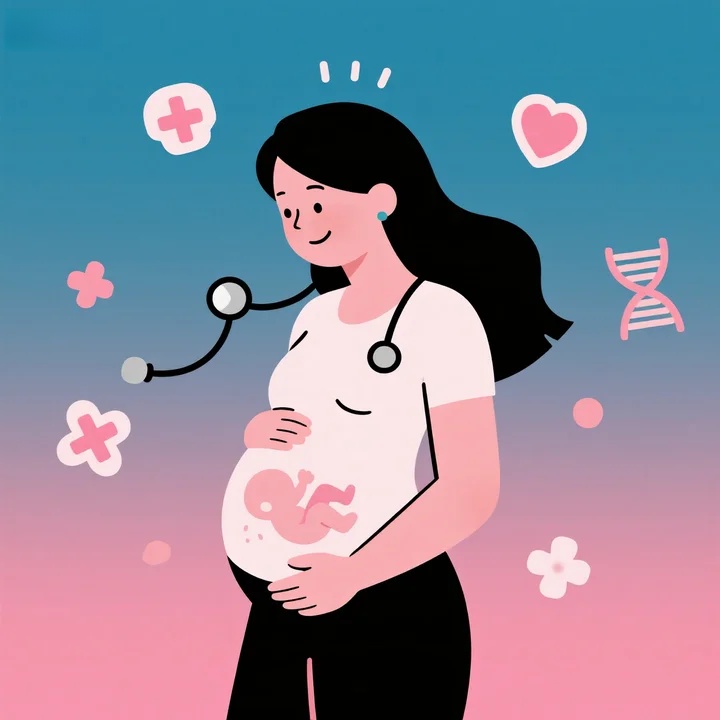Gestational surrogacy pregnancies are not inherently high-risk, but recent large-scale studies—particularly from Canada—show they carry higher risks than natural conception or standard IVF pregnancies. However, with proper screening, medical oversight, and psychological support, these risks can be managed effectively.
Key Findings from Research
1. Higher Rates of Severe Maternal Morbidity (SMM)
A 2023 Canadian study (860,000+ births) found:
- Natural conception: 2.3% SMM rate
- IVF pregnancies: 4.3% SMM rate
- Gestational surrogacy: 7.1–7.8% SMM rate (3× higher than natural conception, nearly 2× IVF)
SMM includes:
- Hypertensive disorders (pre-eclampsia, gestational hypertension)
- Postpartum hemorrhage (13.9% vs. 5.7% in natural pregnancies)
- Unplanned C-sections, ICU admissions, or blood transfusions
2. Increased Risk of Preterm Birth
Surrogacy pregnancies have a higher likelihood of preterm delivery compared to both natural and IVF pregnancies.
3. Mental Health Considerations
- A JAMA Network Open study found surrogates had a 43% higher risk of new-onset mental illness (e.g., anxiety, depression) post-birth compared to natural conception.
- This may be linked to the emotional complexity of relinquishing the baby.
Why Are Risks Higher?
- Hormonal & IVF factors: Surrogates undergo embryo transfer (not natural conception), which may impact placental development.
- Multiple pregnancies? No—most surrogacies are single-embryo transfers, reducing twin-related risks.
- Psychological stress: The unique emotional demands of carrying a child for others may contribute.
Can Risks Be Reduced?
✅ Strict surrogate screening: Only healthy women with prior successful pregnancies should qualify.
✅ Close medical monitoring: Regular check-ups for hypertension, bleeding, and gestational diabetes.
✅ Mental health support: Counseling before, during, and after pregnancy.
Bottom Line
- Surrogacy is not “high-risk” in absolute terms—healthy, screened surrogates typically have manageable pregnancies.
- But risks are elevated compared to natural conception or IVF:
- 7% SMM rate (vs. 2.3% natural)
- Higher hemorrhage & hypertension risk
- Mental health vulnerabilities post-birth
With proper care, surrogacy remains a safe option—but requires extra vigilance.
(Sources: Canadian population studies, JAMA Network Open, maternal health reports.)




